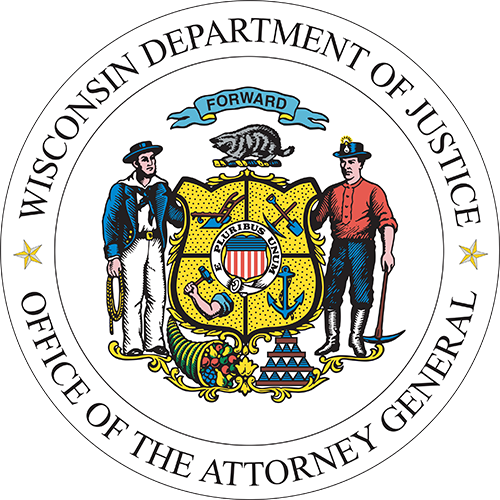As a private citizen, do I have a right to speak at my city council’s public meetings?
Answer: The Wisconsin Open Meetings Law acknowledges the public is entitled to the fullest and most complete information regarding government affairs as long as it does not hinder the conduct of governmental business. All meetings of governmental bodies, such as a city council, shall be held publicly and be open to all citizens at all times unless otherwise expressly provided by law. The open meetings law does not require a governmental body to allow members of the public to speak or actively participate in an open session meeting. The law only grants citizens the right to attend and observe open meetings.
However, the law permits a governmental body to set aside a portion of an open meeting as a public comment period. While public comment periods are not required, if a governmental body decides to have such a comment period, it must be included in the meeting notice.
There are other state statutes—other than the open meetings law—that require governmental bodies to hold public hearings regarding certain matters. Unless such a statute specifically applies, a governmental body has wide discretion over any public comment period it chooses to permit. Besides the discretion over whether to allow public comments at all, a body also has discretion to decide to what extent it will allow public participation. For example, a governmental body can limit how much time each citizen may speak.
If a governmental body permits a public comment period, it may receive information from the public, and it may discuss any subject raised by a member of the public. A body may not take any formal action on such a subject unless it was identified in the body’s meeting notice. If a citizen raises a subject that is not included on the meeting notice, it may be advisable for the body to limit substantive discussion on the subject until a subsequent meeting in which the body can include the subject on the meeting notice.
